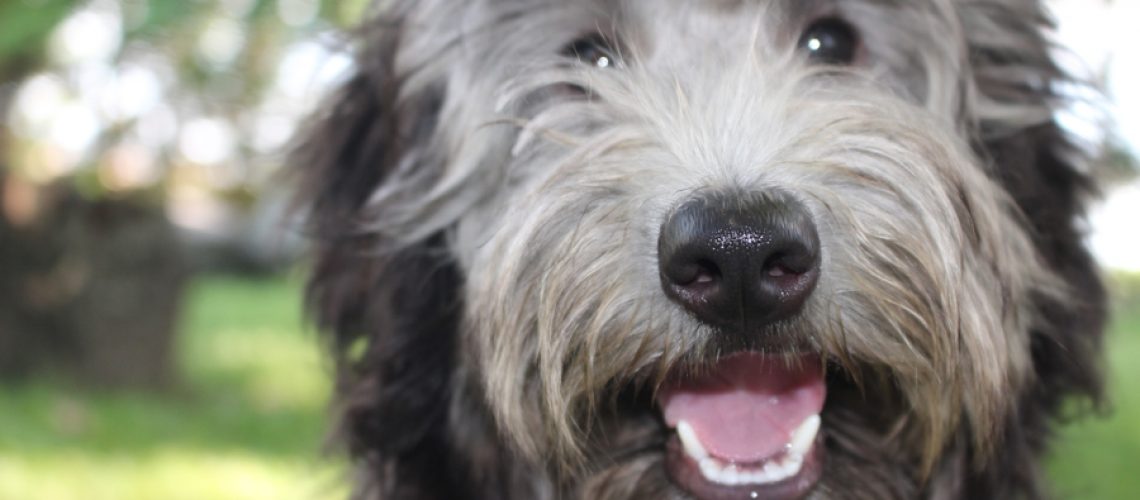
FAQ about GIARDIA!
Will my pet always have Giardia?
What is Giardia?
Giardia is a protozoan parasite found in the small intestines of multiple species, including dogs and cats. Giardia are microscopic, so you will not see the parasites in your pet’s stool.
How common is Giardia?
Giardia is very common. Recent estimates show that up to 69% of dogs and cats worldwide have Giardia residing in their GI tract. Giardia is so common that many veterinarians consider it a part of the normal gut environment. Infection is acquired by ingestion of cysts (fecal-oral route). This can happen by ingesting feces, self grooming, grooming other dogs, drinking contaminated water, step in feces – step in food – eat food, etc. Luckily, the vast majority of animals with Giardia are asymptomatic. For those that have symptoms, diarrhea is the most common clinical sign. Rarely, vomiting, anorexia, lethargy, and dehydration can occur. Clinical signs are generally self limiting in nature, and very few animals need treatment. For those dogs that require treatment, we use a combination of Metronidazole and Panacur. Unfortunately, Giardia is a very difficult protozoa to eliminate from the GI tract. 50% of all cases are resistant to treatment.
Can we just try treating my dog? I don’t like the fact
that he has a parasite.
If your dog is asymptomatic, it is better that we avoid a needless treatment for this parasite. It is a likely possibility that treatment would not be effective, and your dog will continue to have Giardia after treatment.
Can I get Giardia from my dog? Can my children get
Giardia from my dog?
Humans do get Giardia, but generally not the same strain as dogs. Animal-to-human transmission of Giardia, while possible, is extremely rare and only responsible for a small number of human cases. Human infection with Giardia is more likely to be caused by consumption of contaminated food or water, or from another infected person.
What precautions should be taken with my dog
since he has Giardia?
If standard, reasonable care is exercised (dog and cat feces disposed of immediately, hands washed after contact with feces, bathe dog if haircoat is soiled), the risk of transmission is small. Children and immune-compromised adults should avoid contact with feces of pets. Giardia cysts are susceptible to bleach, so any affected surface can be cleaned with bleach solution diluted 1:32. It is possible that they will always be a chronic carrier of Giardia and shed the cysts intermittently. Other dogs may rid themselves of Giardia over time.
Can my other dog get Giardia?
Your other dog can get Giardia. Certain precautions can be taken to decrease the likelihood of this occurrence. See precautions above.
Can I still take him to the dog park, or to puppy
training class?
Yes. Just be sure to pick up after your pet immediately.
Why did we treat my other dog and not this one?
Vets used to treat all dogs that tested positive for Giardia. Treatment protocol has changed, based on recent research that giardia is considered normal gut environment, and treatment is often unsuccessful. Many vets no longer treat for giardia at all unless the pup has signs consistent with disease, and also do not test them repeatedly to keep screening for giardia. If they have a concurrent parasite, we treat only for that other parasite. A dog-specific probiotic like proviable or fortiflora would be appropriate to build back the “good” intestinal bacteria. Since Giardia has been found to be part of the normal environment in many dogs, getting rid of it in the natural hosts would probably entail destroying the gut environment, and this causes more harm than good.
